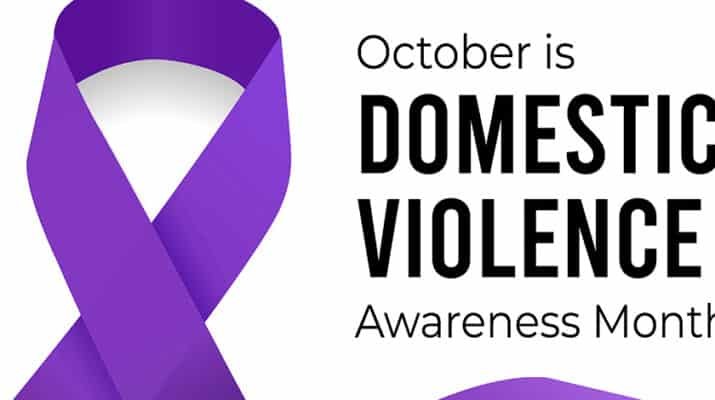Expert: mental, psychological and emotional components of abuse last longer, even if the person is in a safe situation
By Deborah Jeanne Sergeant

Surviving domestic abuse requires not only escaping the reach of the perpetrator to achieve physical safety, but also recovering emotionally and mentally.
“Those mental, psychological, emotional [components] last longer, even if the person is safer,” said Grace Puchalski, licensed clinical social worker and owner of Walk with Grace in Liverpool. “They need a lot of support to deal with the aftereffects. Of course, trauma is a common reaction. The person may be in a safe place but acting like they’re not. The power and control are that far reaching. Just imagine the adrenaline when you’re nearly hit by a car. It settles down in a few minutes but for someone in domestic violence, they can’t settle down that fight or flight response even when safe.”
For a long time, the survivors of domestic violence have denied their own thoughts, wishes, and needs to fulfill the perpetrator. Some survivors were dominated by an abuser so long that they no longer know how to make decisions or even what they want anymore, from choices as trivial as what to eat for dinner choices as important as who to date. This can place them in danger of becoming trapped in another abusive relationship again.
Puchalski likens it to the processing required for grief and loss. The stages are not necessarily linear, and it takes time to work through it, as victims have been conditioned to live under the perpetrator’s control over every area of their lives for months and typically years. Before diving into another romantic relationship, it’s vital to recover first.
Perpetrators do more than hit. Abuse can also include intentional and persistent mental, emotional, spiritual and sexual abuse. Mental abuse includes intimidation, mind games, gaslighting and manipulation. Emotional abuse can take the form of “love bombing” followed by withdrawal, threats, cruelty, and completely withholding love and affection. Spiritual abusers may restrict or force participation in particular worship and spiritual expression and use ever-shifting rules about spiritual practice to control the victim. Sexual abuse involves using sexual practice for manipulating the victim, such as forcing or withholding intimacy or demanding unwanted types of sexual activity. The foundation of all abuse is consistently using means to control and dominate the other person.
In addition to the brainwashing aspects of abuse, survivors suffer the loss of their relationship (difficult though it was) and often their home, pets, work, friends and possessions. Numerous areas of their lives change in a flash.
“A community of support who just listen and not give solutions is helpful,” Puchalski said. “It could just be a person who’s sharing. Someone may sense something is going on. Just being there and listening. Minimizing, discounting, justifying, and giving false hope is not effective. This person is just trying to heal. Everyone heals differently. If the person is open, the hope is they’ll seek professional support.”
Caring friends can also help provide support in rebuilding a sense of self-worth and confidence. Oftentimes, survivors are more gracious to others than themselves. Treating themselves as they would treat others can help them build better skills for navigating relationships, whether friendships or romantic relationships. For example, affirming that they’re worthy of love, respect and healthy relationships. Survivors need to learn how to set personal boundaries that are neither too permissive nor too restrictive.
Most abusers damage the survivor’s relationships with others as isolating the victim helps keep the abuse secret and prevent supportive friends and loved ones from helping. Becoming involved in group settings with a hobby or other activity can help rebuild friendships and build new friendships.
“Having connections to healthy outlets whether social, recreational or spiritual is important,” Puchalski said, “as is being around in a normal, natural state. Being in a domestic violence state is not normal.”
She said that self-care can also help in recovery, such as taking care of medical, spiritual, and physical needs. Puchalski also suggested becoming involved in a beloved hobby that was dropped or to try something completely new.
Some people find that practicing martial arts provides a supportive community of new friends, a physical activity that is both mentally and physically engaging, and practical skills that can boost their confidence.

